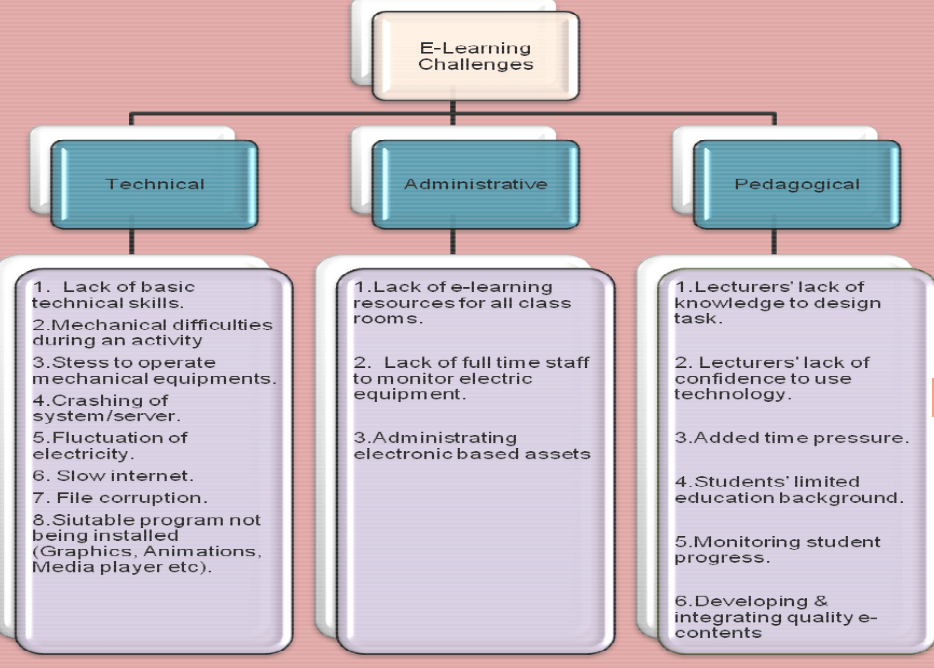How to Overcome Challenges for Teaching English Online (Or any language online)
A number of studies examine the challenges languages teachers have when implementing new technologies and virtual classroom applications. While self-paced online courseware has become increasingly popular over the past decade, English and foreign language teachers understand the importance of blended learning for online language classes.
Creating a blended learning environment to teach languages online, often involves using Virtual Classroom software. However using these applications can create technical, administrative and pedagogical challenges unless the right application is used and the right culture is created when making the transition to teach English online.

Challenges are definitely to be considered when implementing your strategies for successfully teaching English or foreign languages online. You don’t want to add digital learning products to your courses just because it’s the latest trend in the language learning industry. Digital language learning products should integrate seamlessly with your core course structure and enhance the teaching and learning experience.
Amongst the many studies done on e-learning and language learning I’ve selected a few I thought useful for examining the challenges for teaching online classes for English and foreign languages.
Effects of e-learning on Language Learning
This study discusses the advantages and disadvantages of e-learning in general and then lists the advantages and disadvantages as applied to teaching English or a foreign language online. This study looks at other e-learning avenues over the internet, such as blogs, television, online games and online dictionaries.
Integrating E-learning in Classroom-based Language Teaching: Perceptions, Challenges and Strategies
This study looks at “the perceptions of students and teachers regarding the use of e-learning teaching tools, the challenges they face and some strategies to enhance the practical application of these tools in classroom-based language teaching.” The challenges are categorised into three groups: technical, administrative and pedagogical challenges.
Technical, Administrative and Pedagogical Challenges for e-learning when teaching languages

In conclusion the authors state “the challenges like technological illiteracy, extremely limited educational background of some students, lack of time and digital resources, lack of confidence to use digital equipment, untrained lecturer, etc. act as barriers to cause the full potential of ICT to remain untapped. In order to enhance the efficacy of ICT learning environment, teachers and students must be provided ample support in terms of training, equipment and time resources.”
LearnCube’s Virtual Languages School Software offers a simple solution to these challenges. It has been designed specifically for teachers by teachers, which has resulted in an very user friendly interface the replicates what happens in offline face-to-face classes.